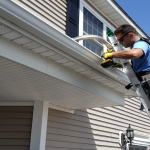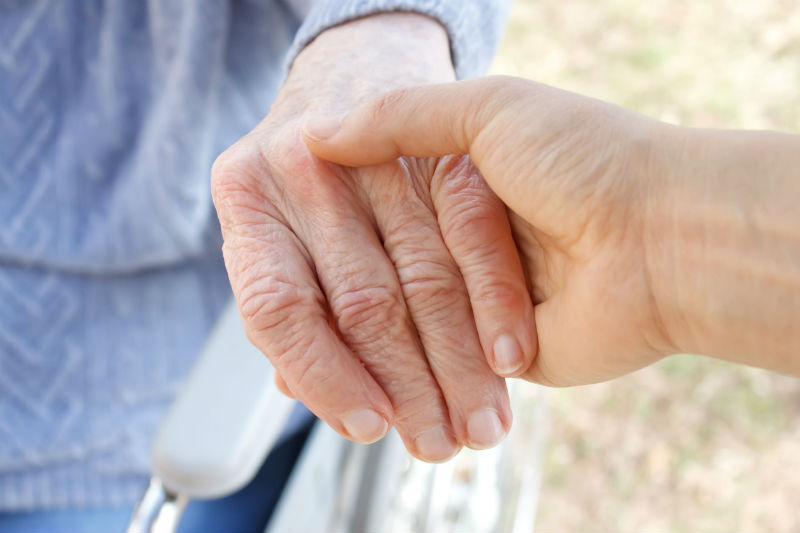Although many fine hospitals provide excellent care for the dying, their business is primarily curing patients. They are not specifically designed for patients who would not benefit from further treatment. As a result, dying patients and their families often lean on organizations like Angels on Call. In addition to providing warm, welcoming, in-house facilities, they offer In Home Care in Philadelphia, PA.
Hospice focuses on Quality of Life
It is common for families to arrange hospice services for loved ones who have months to live and want to spend their time in familiar surroundings. The goal of hospice is to keep patients comfortable, monitor their conditions, and make sure they have the best possible quality of life. Nurses and other caregivers do not try to cure patients, but they do keep them comfortable. That can include pain control as well as help with grooming and everyday needs. They also provide companionship and social services that help patients enjoy the time they have left.
A Team Approach Creates Whole-Patient Care
Although patients do need their doctor’s certification to enter hospice care, they are also tended to by teams of professionals once accepted. Most include case managers, doctors, RN’s, LPN’s, and aides. Volunteers also visit patients or help them in other ways. Patient teams can consist of clergy or psychologists who offer mental, emotional, and spiritual support.
Families Benefit From Hospice Services
Many family caregivers turn to In Home Care in Philadelphia, PA, when they need help managing a dying relative. Hospice staff evaluate patients’ needs and make sure they get all of the equipment and medication required for in-home care. They can even arrange for help with conditions such as grocery shopping or housecleaning. In addition to lifting physical burdens from family members, hospice care provides them with emotional, grief, and bereavement counseling.
It is becoming common for terminally ill patients to switch from hospital to in-home hospice care. That is because hospice services are designed to care for their emotional, spiritual, and physical needs rather than focusing on cures. At home, care lifts many burdens from families and allows patients to remain in familiar surroundings.






